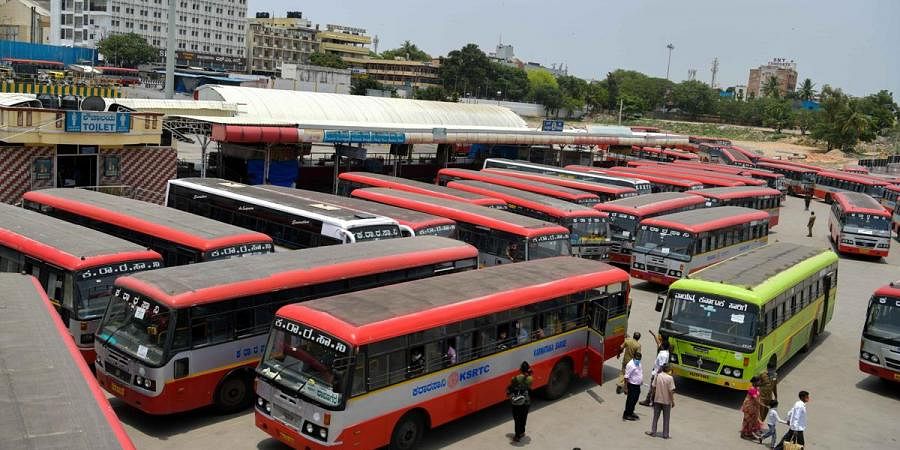The Pros and Cons of Affordable Air Travel: Balancing Convenience and Considerations

In today's globalized world, cheap air travel has revolutionized the way people explore and connect. With the rise of budget airlines and competitive pricing, more individuals have access to affordable flights, opening up a world of opportunities. However, like any other aspect of life, there are advantages and disadvantages to consider when opting for cheap air travel. This article will delve into the various aspects of this topic, exploring the benefits and drawbacks of affordable flights.
- Advantages of Cheap Air Travel:
1.1. Accessibility and Affordability:
One of the primary advantages of cheap air travel is the increased accessibility it offers. Affordable flights enable individuals from various socioeconomic backgrounds to experience air travel, fostering cultural exchange and expanding horizons. Moreover, budget airlines often provide discounted fares, making air travel more affordable for a wider range of people.
1.2. Time Efficiency:
Cheap air travel allows people to reach their destinations quickly, saving time compared to other modes of transportation. This is particularly beneficial for business travelers or individuals with limited vacation time, as they can cover long distances in a fraction of the time it would take by land or sea.
1.3. Global Connectivity:
Affordable flights have contributed to the growth of global connectivity, facilitating trade, tourism, and international cooperation. They have made it easier for people to visit friends and family in distant locations, attend international conferences, and explore new cultures. This increased connectivity has fostered economic growth and cultural exchange worldwide.
- Disadvantages of Cheap Air Travel:
2.1. Environmental Impact:
While cheap air travel offers convenience, it also comes with a significant environmental cost. Airplanes emit greenhouse gases, contributing to climate change. The affordability and accessibility of flights have led to a surge in air travel, resulting in increased carbon emissions. This environmental impact must be considered when evaluating the drawbacks of cheap air travel.
2.2. Limited Services and Amenities:
Budget airlines often prioritize cost-cutting measures, which can result in limited services and amenities compared to full-service carriers. Passengers may experience reduced legroom, additional charges for baggage, and fewer in-flight services. It's important to consider these trade-offs when opting for cheap air travel, especially for longer flights.
2.3. Potential for Disruptions:
Cheap air travel may be more susceptible to flight delays, cancellations, and disruptions compared to premium airlines. Budget carriers often operate on tight schedules and may have fewer backup options in case of unforeseen circumstances. Passengers should be prepared for potential inconveniences and plan accordingly.
Conclusion:
Cheap air travel offers numerous advantages, including increased accessibility, time efficiency, and global connectivity. However, it is essential to consider the environmental impact, potential limitations in services, and the possibility of disruptions. By weighing the pros and cons, individuals can make informed decisions when choosing between affordable flights and other travel options. It is crucial to strike a balance between convenience and considerations, ensuring sustainable and responsible travel choices in the long run.

